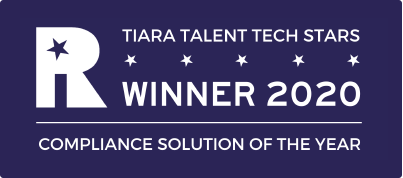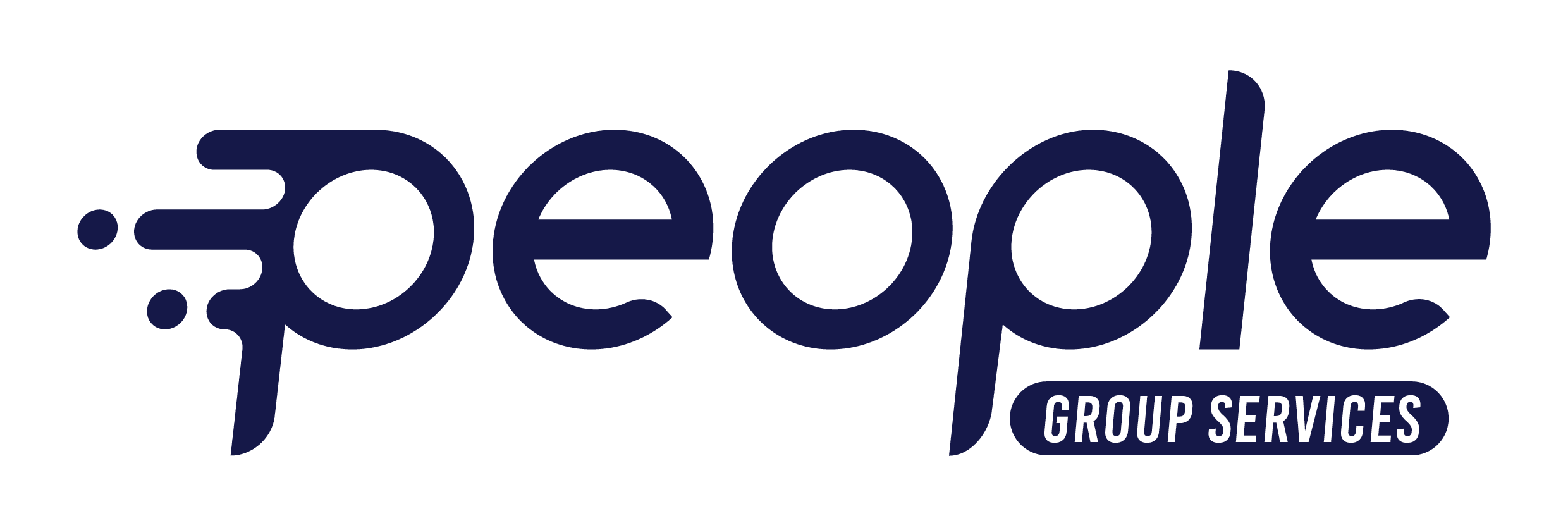How is Artificial Intelligence (AI) impacting the recruitment sector?
In the data-rich world of recruitment, the use of AI is already causing a stir. Could it eventually replace human recruiters? Or does its use have limits?
From our smartphones and voice-activated home devices, to video games and music streaming services, AI affects how we experience the world. And its impact on the recruitment sector is no less great.
Digital assistants and ‘chatbots’ are now the norm. And, if you’re a job seeker, there is every chance that a smart platform will ‘read’ your CV.
AI – the capacity of machines to learn, respond and generally act like humans – is not a future concept. It has arrived, and we’ve still only seen the very tip of the iceberg in terms of what AI can do.
The question is: to what extent can we expect AI to reshape recruitment? Can we even expect robots to eventually manage the whole recruitment process?

AI in recruitment: a sector getting smart quick
Recruitment is of course all about people; matching the right person to the right team in the right company. But it is also highly dependent on processing a vast amount of data. Recruitment consultants and HR departments often sift through a large volume of CV’s every day, archiving most of the information for future reference.
It follows that the recruitment sector has already been quick to seize the benefits of AI. Not only does it have the capacity to search candidate archives much faster than recruiters can, it can also reduce the risk of any unconscious bias from the recruiter when it comes to making selections.
Here are just a few examples of sophisticated AI powered platforms that are already re-modelling how the sector works:
Industry 5.0 – the fifth industrial revolution
We are currently in the midst of the so-called ‘industry 4.0’ or the fourth industrial revolution. This is shorthand for describing the vast impact of smart and connected technology on the way we work. It covers the type of platforms listed above.
Now industry 5.0 is on the horizon and this fifth industrial revolution is expected to return to an emphasis on the value of human intelligence, and place a focus on the ‘human touch’ that recruiters can offer candidates but AI can’t.
Industry 5.0 will harness our (human) ability to recognise and relate to certain behaviours and emotions, and better combine this with the accuracy of sophisticated AI. This powerful combination of human and ‘robot’ could speed up the hiring process significantly, completely redefining the pace at which the recruitment industry works and changing the candidate experience.
AI is, and will remain, a powerful tool for human recruiters to make better use of their time and that of candidates. But AI will not be able to drive and manage the whole recruitment process; industry 5.0 anticipates humans and robots working together. Ultimately, employers will always want to source people with qualities – in addition to skill sets – that simply cannot be identified through data analysis of algorithms.
As anyone in talent acquisition knows, there is still huge scope for efficiency gains in recruitment processes. Consider the time that companies currently invest in sourcing talent, and the time it can take to job seek. AI should see the sector working smarter and better, taking care of the laborious, and admin-heavy, processes. Helping to identify shortlists of highly suitable candidates. But it will surely always be left to humans to make the call when it comes to finding that person with the ‘X factor’.






